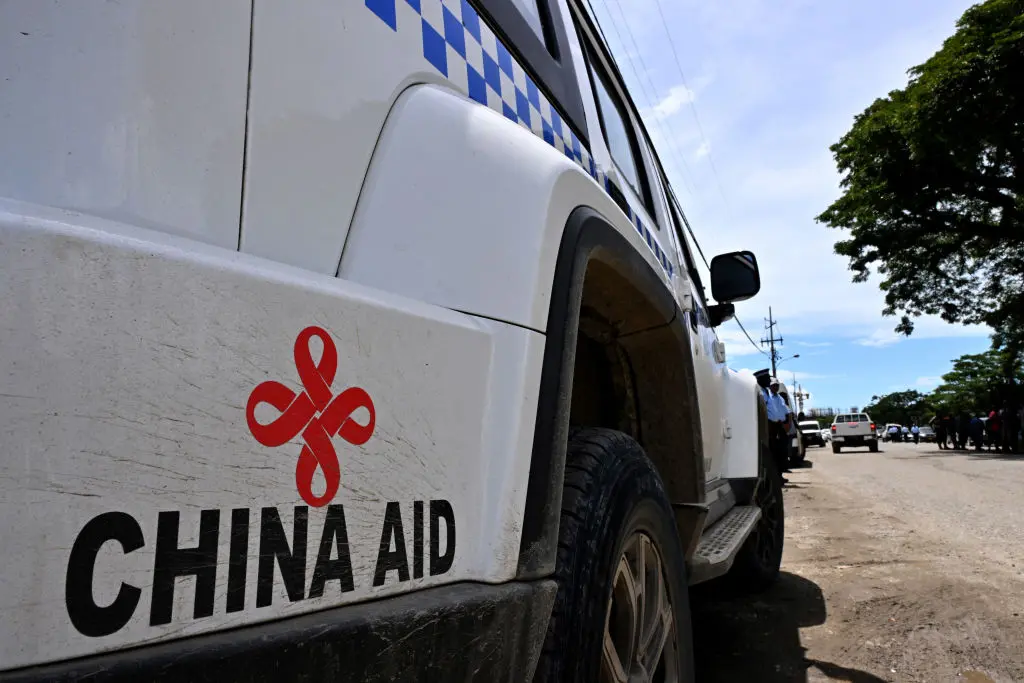Independent MPs in the Solomon Islands are demanding that Prime Minister Jeremiah Manele clarify the details of a $30 million (US$20 million) bailout provided by Beijing.
Mr. Manele referred to it as “budgetary support,” when he announced the agreement on July 17 but the MPs say Parliament hasn’t been told whether it’s a grant or a loan.





